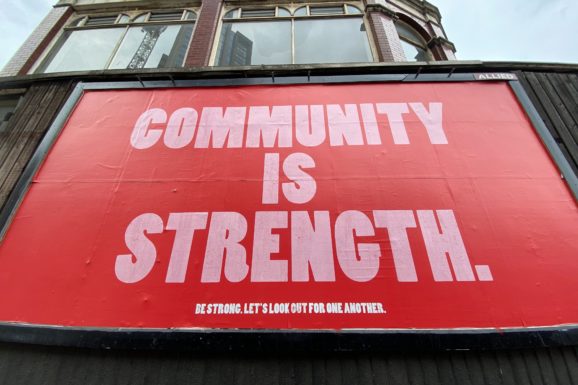There is a growing public expectation for business leaders to take a stand on socio-cultural-political issues that impact society. In the United States today, we grapple not only with the coronavirus, but also with a racism pandemic, and both matters being particularly dangerous to communities of color.
These past few months have magnified how different communities of color experience crisis.
Coronavirus has killed over 101,000 Americans since it reached the US in January. Data available from the COVID Racial Tracker suggests that 25% of reported deaths are black Americans. Considering that only 13% of the population is black, this number is alarming. It’s a reminder that black people are dying at a rate 2x higher than their population share. The CDC also suggests that underlying health conditions, income inequality, and lack of access to quality health care contribute to making minorities more susceptible to the virus.
Data from the Bureau of Labor Statistics also suggests Black and Hispanic workers are more likely to work in lower-paid, consumer-facing service jobs that limit their ability to work remotely. Nearly 30% of white-identified workers stated they could work from home, while only 20% of Black-identified African American workers and 16% of Latino-identified workers could.
Both of these matters call courageous leaders to transformational action within work culture.
Some leaders are already doing so by tapping into corporate resources for the betterment of the community through Corporate Social Responsibility programs.
Others like Doug McMillon, President and CEO of Walmart, have spoken up about the heartbreaking events in Minneapolis and New York City calling for everyone to stay vigilant in “standing together against racism and discrimination.”
Dr. Marc Gorelick, President and CEO of Children’s Minnesota has urged community members to address structural racism, drafting a “CEO letter” signed by 28 executive leaders from across the state. The CEO letter includes the leaders of corporations like Blue Cross MN, Ernst & Young LLP, Wells Fargo MN, Best Buy Co. Inc. Cargill Inc., General Mills Inc and US Bancorp.
Other big names are also taking a stand and voicing their support for black communities in the U.S.
Some of the leading examples include:
- Nike released a simple but powerful ad addressing racism
- Mark Mason, CITI Group’s CFO wrote a heartfelt blog to employees
- Youtube’s pledge of $1M to support efforts to address social injustice through the Center for Policing Equity
- Peloton’s pledge of $500,000 to the NAACP’s legal defense fund.
Laura Morgan Roberts, Professor of Practice and Courtney L. McCluney, postdoctoral fellow at the University of Virginia’s Darden School of Business, Erin L. Thomas, head of diversity, inclusion and belonging at Upwork and Michelle Kim, CEO of Awaken provide solid advice on more ways that courageous leaders can further address and support the issues that communities of color are facing today.
Here is a quick summary:
Individual level:
- Be cognizant of the ways your comments can pull others to take care of you
- Pay particular attention to power dynamics
- Center the experience of people of color (not your own)
- Offer specific examples of ways you can provide support,
- Challenge biased, racist and xenophobic behaviors in the moment
- Make room for people to care for themselves
Organizational level:
- If you are able to hire right now take advantage of the currently available talent pool, which includes a large number of people of color
- Set up communication, hiring, and benefits systems that support employees of color
- Analyze and expand mental health benefits and resources that will aid employees who are experiencing trauma and grief.
Societal level:
- Focus corporate giving and political action toward communities of color
- Be specific when acknowledging and naming the issues facing particular communities
- Avoid color-blind company communications that minimize the disproportionate strain on employees of color
- Organize forums/ sessions to educate employees on the science and history of bias and equip your team with concrete tactics to disrupt their own biases and call out xenophobia in others
- Keep track of your layoff lists, taking stock of performance more than position, and cross-train and upskill workers
- Share lists of ex-employees to aid the employment process in their next role
- Redirect corporate giving to local organizations impacted by the economic crisis.
As leaders, it is incumbent to realize that the health and safety of all of us depends on each of us for the kind of organization we want to create. The first step in fostering cultural intelligence and creating an inclusive work culture is recognizing that socio-cultural-political issues matter.
Read the full story here.
